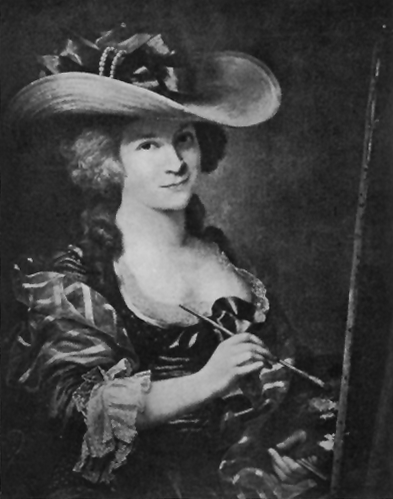
International Women's Day (March 8) is an occasion marked by women's groups around the world. The date, commemorated at the United Nations, is designated in many countries as a national holiday. When women on all continents, often divided by national boundaries and by ethnic, linguistic, cultural, economic and political differences, come together to celebrate their day, they can look back to a tradition that represents at least nine decades of struggle for equality, justice, peace and development.
International Women's Day is the story of ordinary women as makers of history, rooted in women’s centuries-old struggle to participate in society on an equal footing. In ancient Greece, Lysistrata initiated a sexual strike against men to end war. During the French Revolution, Parisian women calling for "liberty, equality, and fraternity" marched on Versailles to demand women's suffrage.
The idea of an International Women's Day arose at the turn of the 20th century – a time of expansion and turbulence, booming population growth and radical ideologies in the industrialized world. Socialist women in the United States organized the first national Women's Day in 1908 and helped to inspire the international event.
The first International Women's Day was held on March 19, 1911 in Germany, Austria, Denmark and some other European countries. German women chose this date because, on that date in 1848, the Prussian king, faced with an armed uprising, had promised many reforms, including an unfulfilled one of votes for women. A million leaflets calling for action on the right to vote were distributed throughout Germany.
International Women’s Day is now celebrated on March 8 every year.
This article was exerpted from the United Nations website.
Monday, March 06, 2006
Subscribe to:
Post Comments (Atom)




0 comments:
Post a Comment